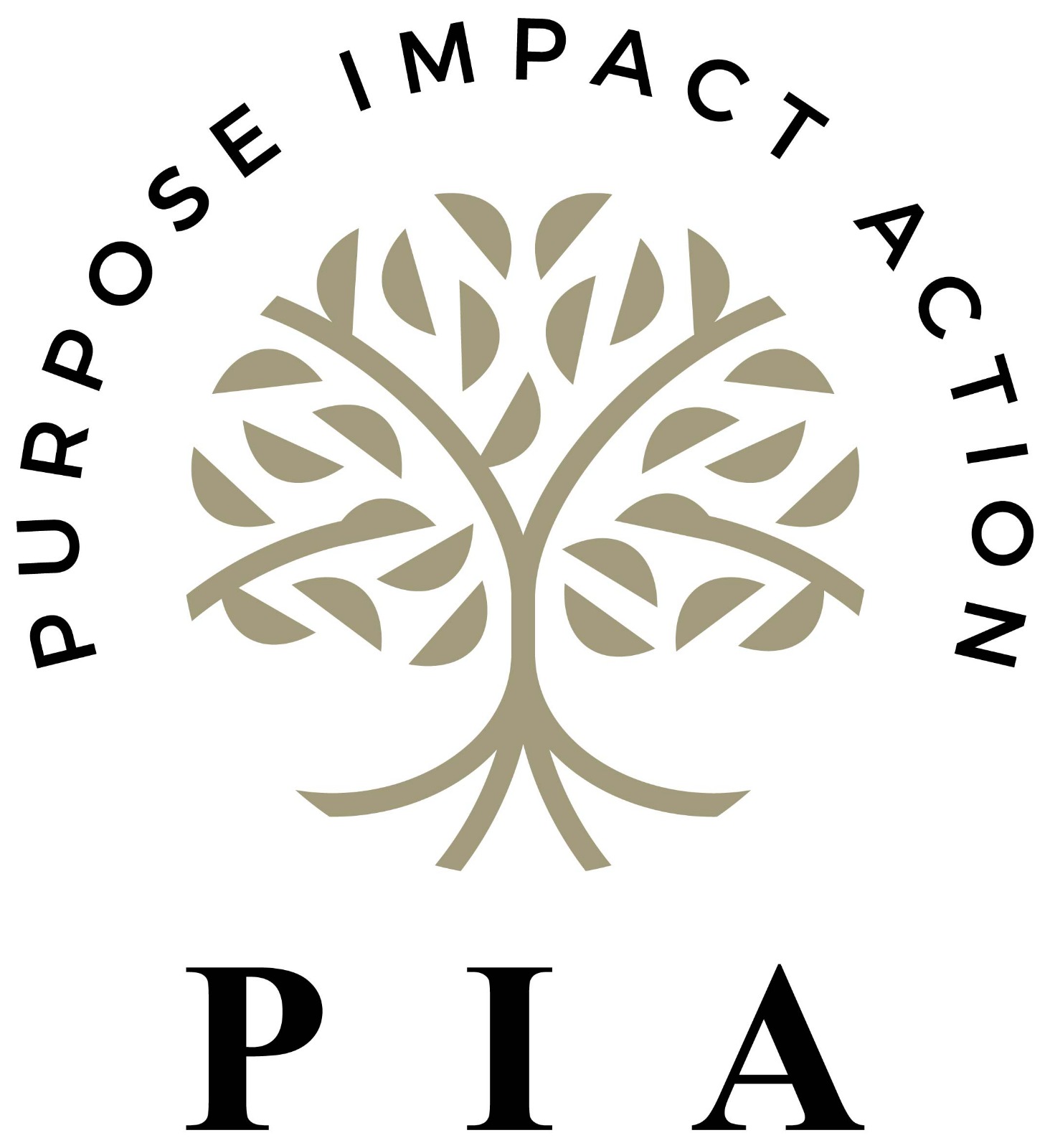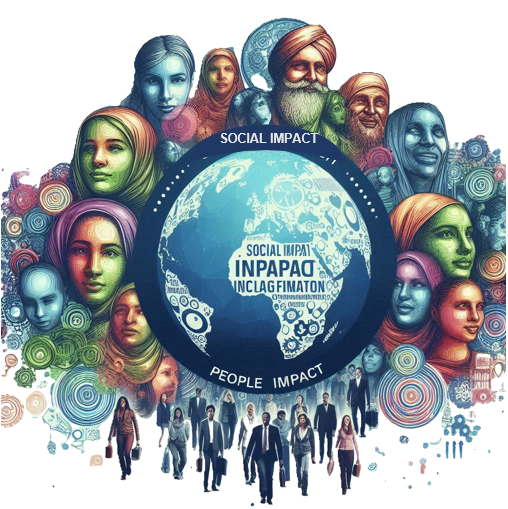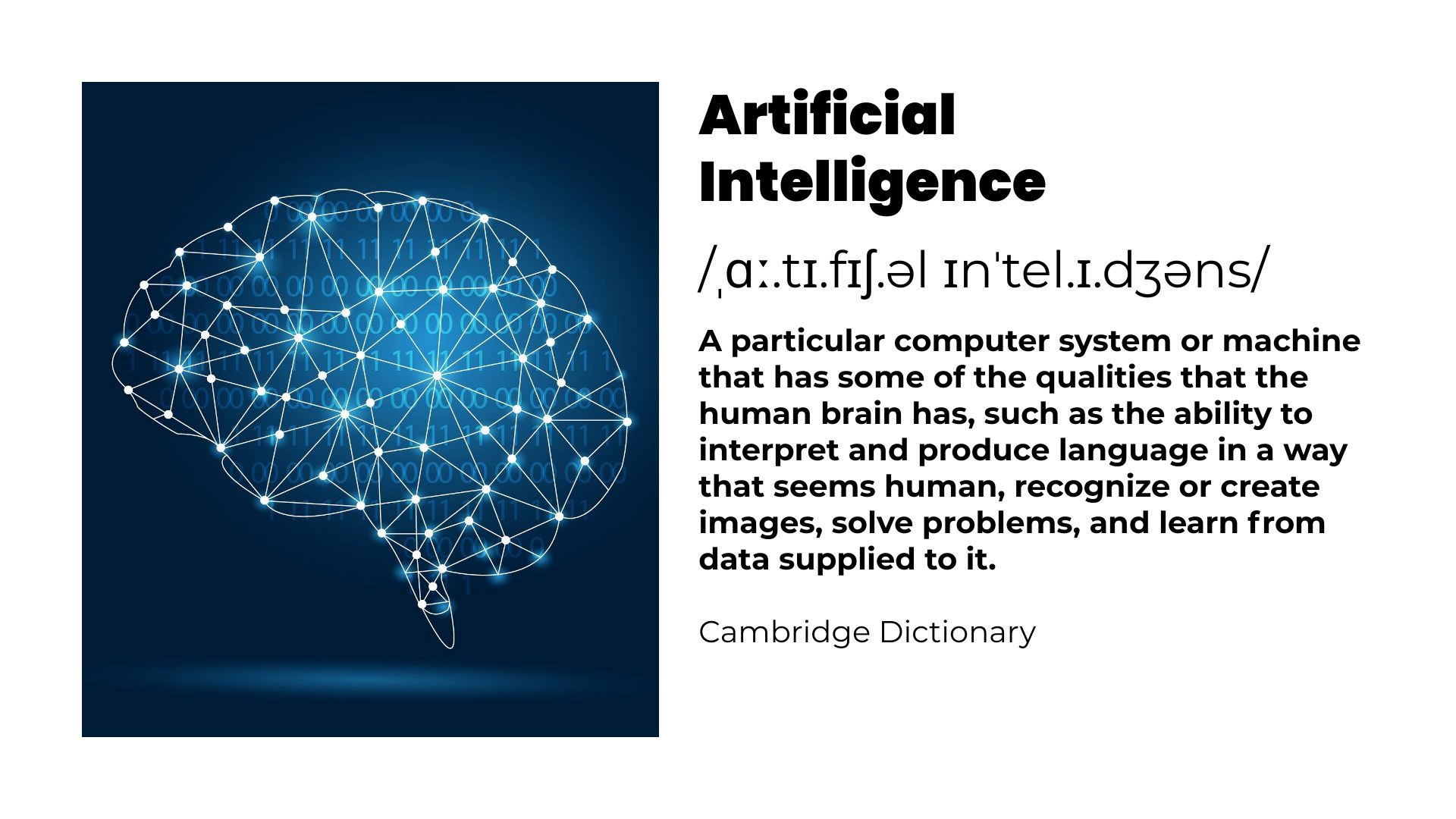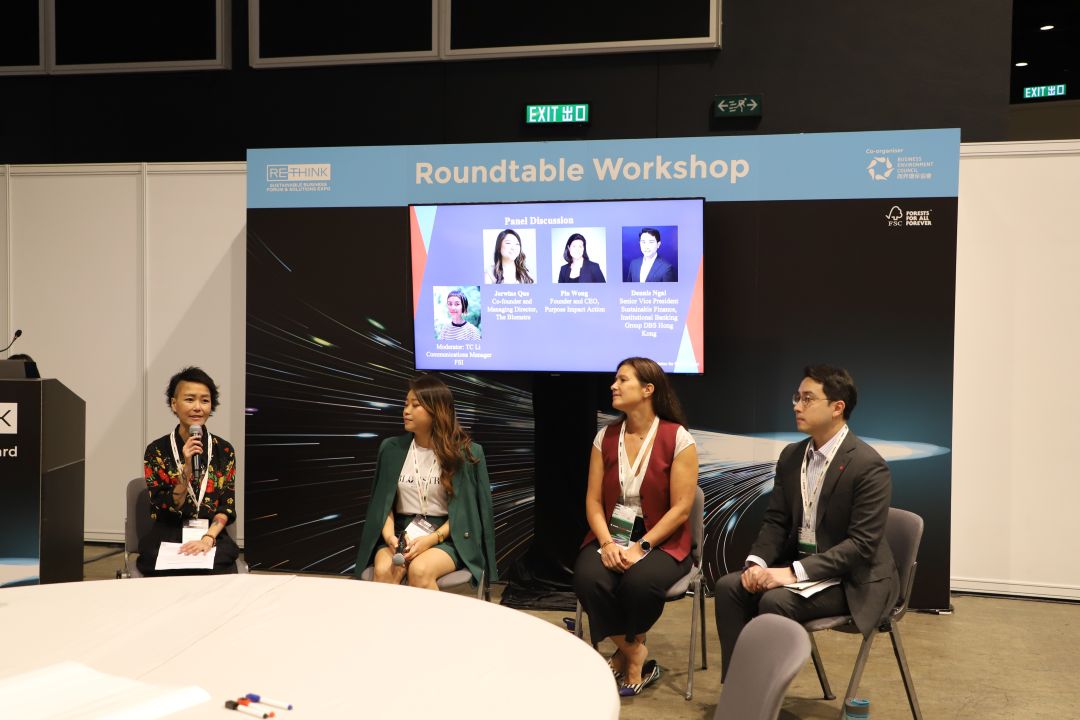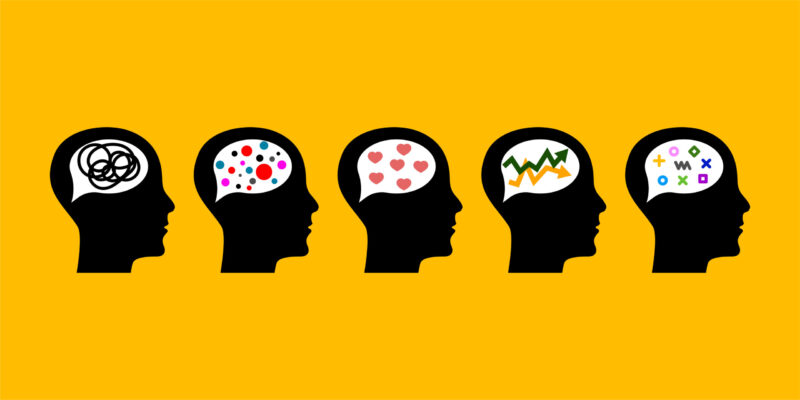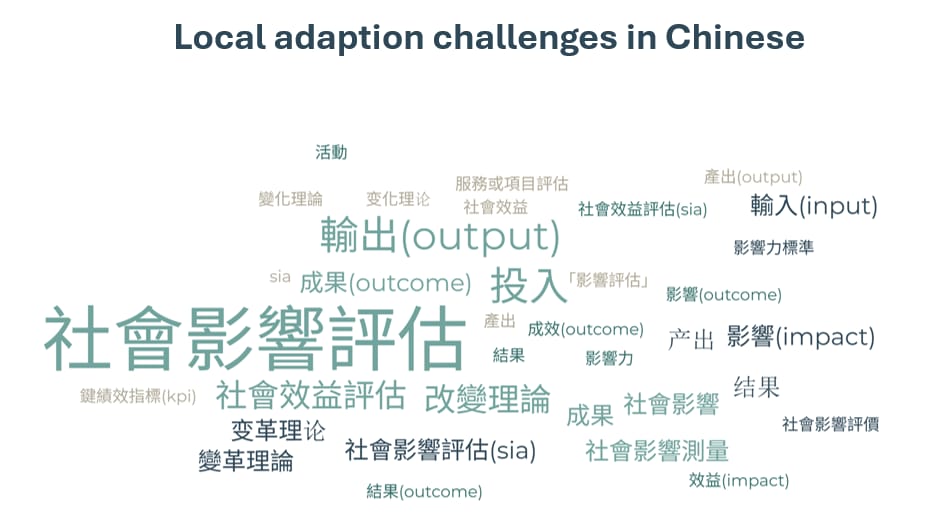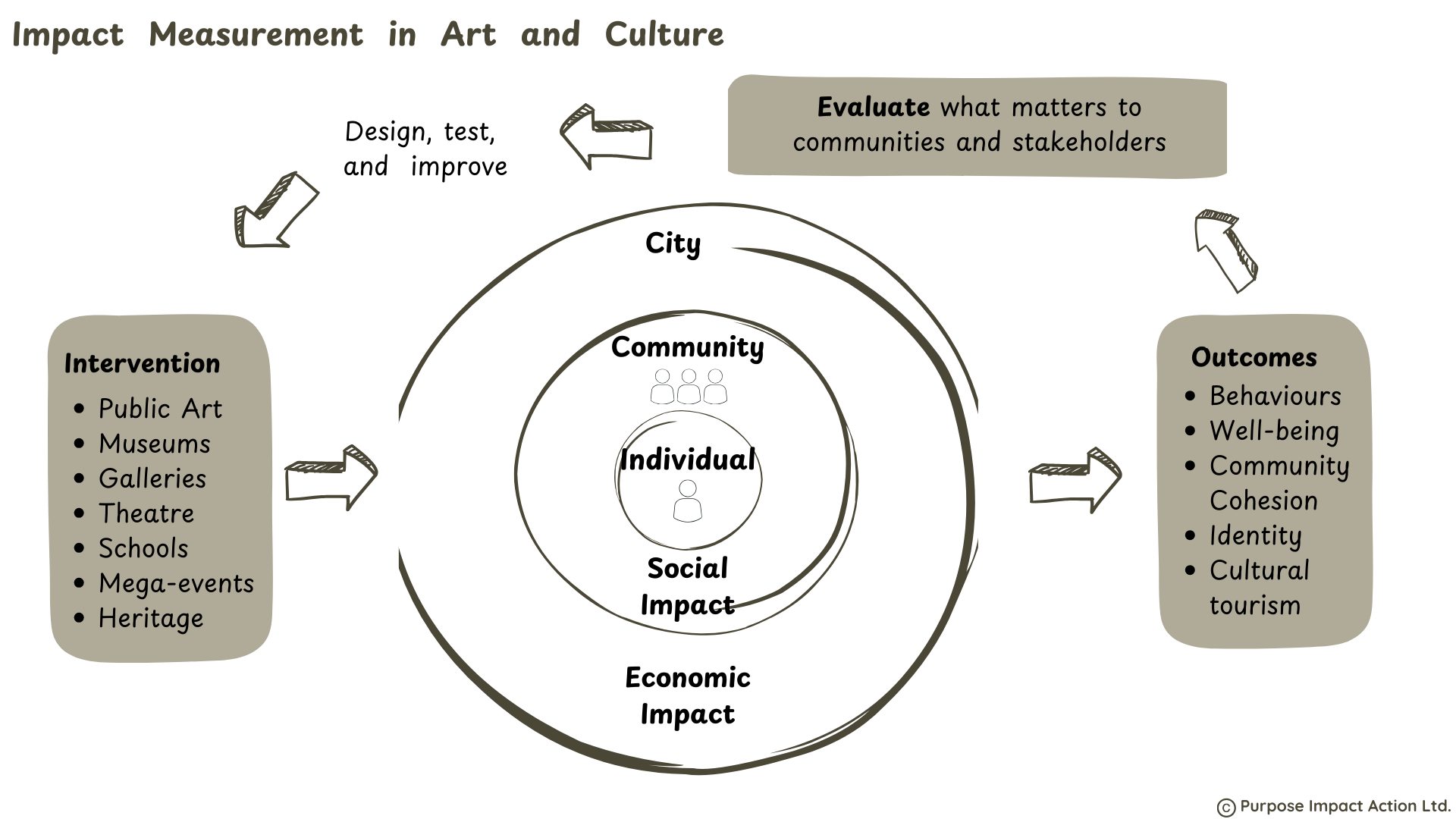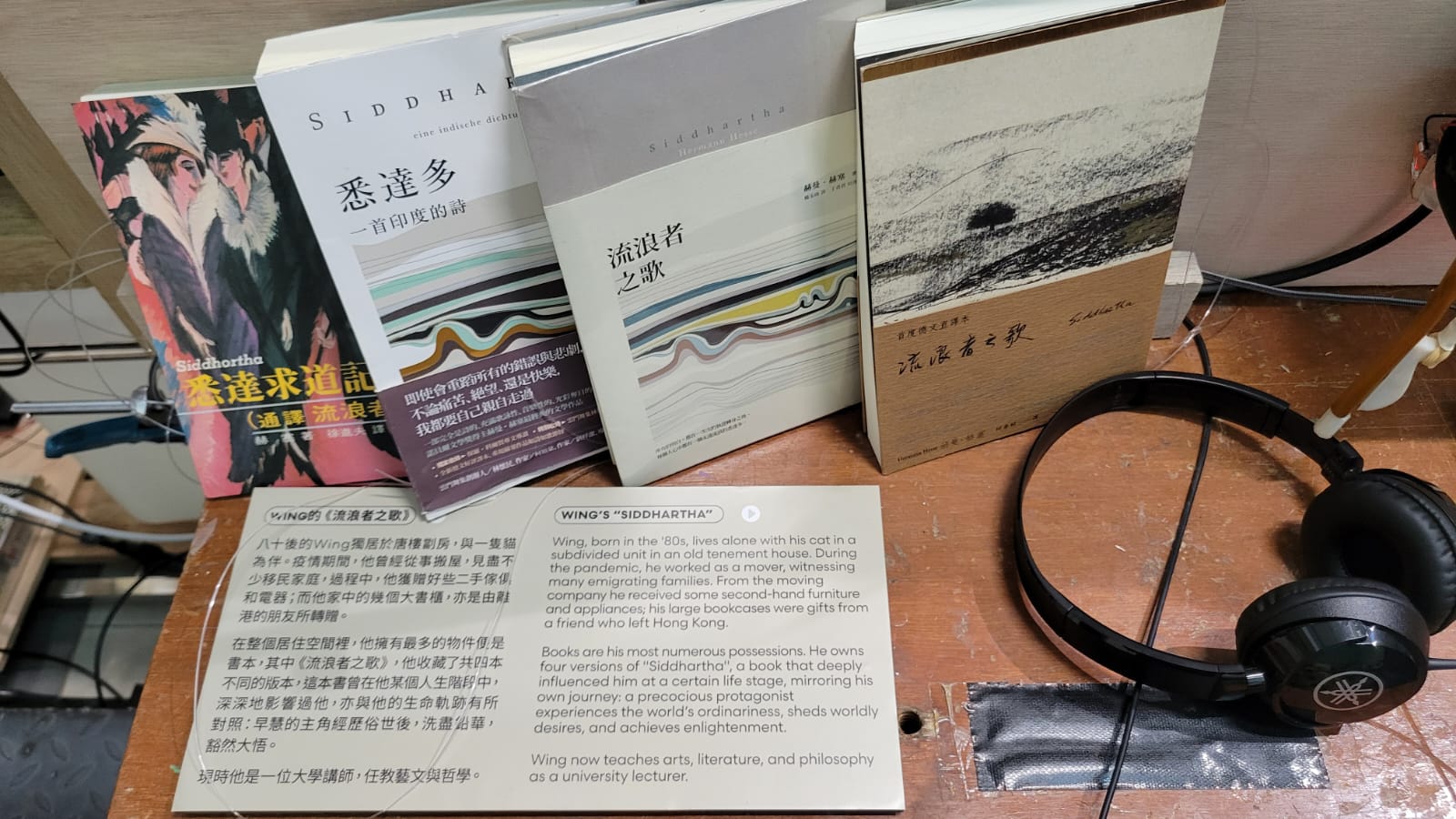On 28 September, 2025, Steven Bartlett, host of The Diary of a CEO, #1 Sunday Times bestselling author, and Dragons’ Den investor, brought his debut Asia live “The Business & Life” speaking tour to Hong Kong. Our Founder and CEO, Pia Wong, shares 8 key takeaways from the show and how it relates to her experience in the social impact world:
1. Embarrassment is the Price of Entry: Accept the inevitable awkwardness of being a beginner and view embarrassment as a sign that you are on the right path to achieving your goals.

- Overcoming Fear of Judgment: Many people avoid taking action because they fear what others will think, leading to missed opportunities and stagnation.
- The Highlight Reel vs. Reality: People often only see the success stories, but those stories hide a “highlight reel” of thousands of awkward moments and failed attempts that the successful individual was willing to experience. A great example is Spanx founder, showing her ‘invention’ in the changing rooms.
- Gateway to Growth: The initial discomfort and embarrassment are often gateways to the growth and skill development necessary to achieve mastery.
Pia’s experience: After a panel where an audience member stumped me with her sharp questions, I sought her out. I was right about her expertise – she’s now my business partner at Purpose Impact Action (Marianna Lemus-Boskovitch).
- Build Mental Muscles
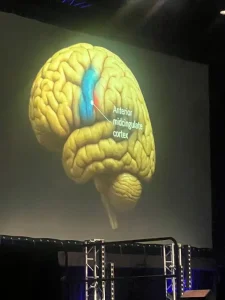
Comfort is Addictive. Your mindset is a muscle that can be trained. Neuroscience now shows a brain region called the anterior midcingulate cortex grows only when you do things you really don’t want to do – hard conversations, cold calls, early morning runs.
- Purpose Requires Sacrifice:
When something becomes too easy, you need to ask yourself, “What is the trade-off?” True purpose is proven by what one is willing to sacrifice for it. We need to reframe “sacrifice” as an investment in one’s future and goals.
- Challenging the Status Quo:
Growth doesn’t happen in a comfort zone. Individuals must step beyond their familiar routines and environments to foster new learning and experiences.
PIA’s experience: For 12 years, I built a comfortable and fulfilling career running a literacy organization. But a desire for greater impact pushed me to risk that stability, upskill in sustainability and discover a capacity for innovation I never knew I had. That journey led me to where I am today: founding my own venture.
- Overcoming Limiting Beliefs or “Paper Walls”:
To build self-belief, one must actively challenge limiting beliefs by taking action outside their comfort zone and creating new evidence of their capabilities.
“We’ve all drawn circles around ourselves that determine how far we push, how far we aim — but they’re just figments of our imagination.”
Check out the viral video of an ant trapped inside a circle drawn in pen — unable to cross an invisible barrier.
Pia’s experience: The Cambridge CISL program (Business Sustainability Leadership) in 2022, shattered a decade of professional inertia. For the first time in years, I had the self-belief to break through my own ‘paper walls’ with limited assumptions and pursue a new path.
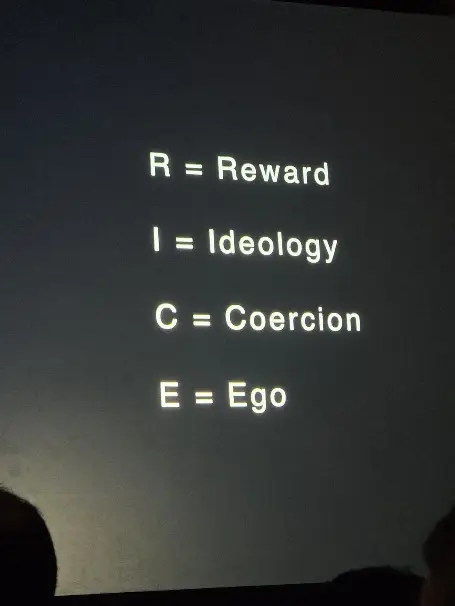
- Recruit by Ideology, not just Money
Don’t sell the features, sell the story that resonates with them – make hires and partners the heroes in their own story.
The “RICE” framework – motivational model derived from CIA training that explains the four basic drivers of human behaviour:
- Reward: Includes things people desire, such as money, praise, vacations, or other benefits that can be offered to motivate action.
- Ideology: An individual’s core beliefs, values, and moral framework, such as religion, patriotism, or a sense of purpose, and is often considered the most powerful lever for motivation.
- Coercion: Involves negative tactics, like guilt, shame, or blackmail, to force or pressure someone into taking action.
- Ego: Encompasses a person’s sense of self and self-perception, whether they are driven by a desire to feel important or a need to feel altruistic and valued.
Pia’s experience: Working in the NGO sector for over a decade taught me a fundamental truth about building a team: you must recruit by ideology, not just by salary. A shared purpose is what truly rallies people, transforming them from employees into dedicated champions for a cause.
- Skill-Stack Strategically
Skill stacking is the art of synergising diverse skills and knowledge from different jobs and experiences, allowing you to create a unique and powerful set of abilities that advances you forward.
Pia’s experience: Despite all my upskilling, I still have a long way to go to be a skill stacker! But what I HAVE done is strategically align myself with two incredibly skilled individuals who provide a multiplier effect for our clients. This means, we have:
- Technical and analytical skills: quantitative impact measurement
- Human-centered & qualitative skills: community engagement & facilitation
- Strategic communication and influence skills: narrative and storytelling
- Multilingual capacities in Cantonese, Mandarin, French, Spanish and English.
The stacked multiplier effect is transformative in the social impact measurement space:
We don’t just collect data, we collect the right data.
We don’t just present numbers; they tell a human story backed by evidence.
- Zoom out beyond Your Frame
For decades, Stanford researcher Tina Seelig has run a now-famous experiment. She gives her students an envelope with $5 and a simple challenge: maximize your return in just a few days.
What do most of these brilliant, future leaders do? They take the obvious path. They set up lemonade stands or car washes, turning the $5 into $10 or $20. They see the money as the primary resource.
But the most successful students ignore the $5 entirely.
They realize the most valuable asset they have isn’t the cash—it’s their coveted five-minute presentation slot in front of the entire Stanford University community. They “zoom out,” see the bigger picture, and sell that slot to local businesses as a recruitment opportunity for thousands of dollars.
The lesson? What looks like the main opportunity can often be your biggest distraction. The key to breakthrough impact is the ability to see beyond the immediate constraint.
Pia’s experience: When I was running the literacy organization, we learned to “zoom out” the hard way. Despite providing books and training, our literacy program’s impact was limited until beneficiary interviews revealed the real obstacle: excessive homework. This broader perspective led us to successfully advocate for systemic change by reducing unnecessary testing.
- Speed and Experimentation Beat Perfection

Hesitation and overthinking will cost you more than failure ever will. Fear often disguises itself as logic, leading people to miss out on opportunities and stagnate.
By moving fast on reversible, small bets, learn and iterate. Build a “Failure team” to accelerate learning loops. Bartlett’s teams are encouraged to increase their rate of experimentation to learn and find correct answers more quickly.
Pia’s experience: In a rapidly evolving field, waiting for perfect means missing the moment. Our core strength is “Speed but rigorous” (delivering frameworks in weeks, not months) has enabled us to act decisively – from developing Hong Kong’s first social impact measurement whitepaper to exploring outcome standardization
- Build a Burnout-Proof Culture of Progress
Impact is a marathon, not a sprint. Burnout is the enemy of sustained action. Research, including the work of Sir David Brailsford and his “marginal gains” philosophy, points to five key elements that prevent burnout and fuel engagement:- A Sense of Forward Motion:The feeling of progress, even in small increments, is powerfully motivating.
- Subjective Meaning: The work must matter to you.
- Control & Autonomy: The ability to direct your own work is essential for well-being.
- Sufficient Challenge: We engage deeply when a task is neither too easy nor impossibly hard.
- Supportive People: Meaningful work becomes unbearable if you’re surrounded by toxic individuals.
Pia’s experience: In a sector driven by passion, our people are our most vital resource. By intentionally designing cultures that fuel engagement, we don’t just prevent burnout – we unlock the full potential of our teams to deliver on our promise of impact.
By Pia Wong, Founder & CEO, Purpose Impact Action.
We’d love to hear if any of these insights resonate with you. Please share your thoughts or comments below:
